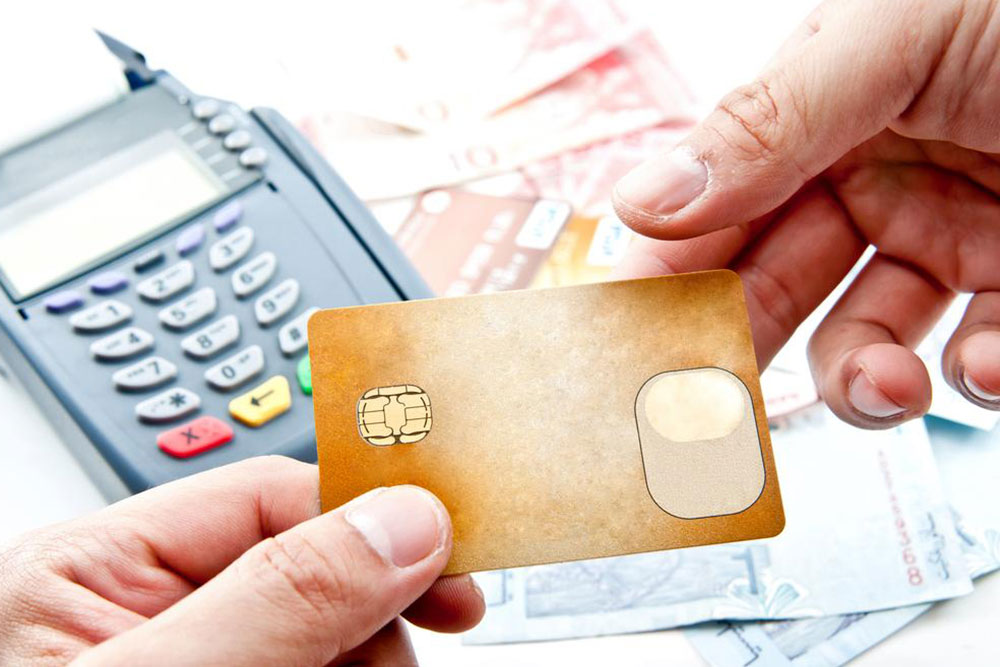Transforming Global Payments: The Digital Shift in Cross-Border Transactions
The article explores the evolution of online international payments, focusing on technological advancements, industry standards, and future prospects. It highlights how digital systems are transforming cross-border transactions, making them faster, cheaper, and more secure. The piece also discusses key frameworks like the IPF, emerging innovations, and the decreasing reliance on cash, emphasizing the importance of secure, standardized digital payment solutions for global trade and investments.

The landscape of international payments has undergone significant transformation, evolving from traditional methods to digital solutions that enable seamless global transactions. Countries promote cross-border trade and investments through online platforms, whether for e-commerce, expatriate remittances, or international business dealings. As transaction volumes grow, the costs and complexities associated with traditional methods become more apparent. There’s increasing demand for faster, cost-effective, and secure online payment systems that accommodate the expanding global economy, driven by factors like international labor, overseas investments, and supply chain needs.
Modern cross-border payments rely on standardized frameworks such as the International Payments Framework (IPF), established in 2010 by the IPFA in Atlanta. This framework, aligned with ISO 20022 standards, helps financial institutions and payment providers reduce costs and streamline transactions between countries, including the US and UK. Online international payments involve electronic transfer systems linked to bank accounts, using digital proxies like debit/credit cards, electronic funds transfers, and e-commerce gateways, replacing traditional paper methods like checks or drafts.
Technological advancements present both opportunities and challenges. Innovations like virtual money and low-cost wire transfers could revolutionize cross-border payments by delivering instant transactions at minimal fees. However, security concerns over data leakage and fraud remain. Payment gateways act as secure intermediaries, protecting customer data during international transactions. According to a 2016 survey by Accenture, digital payments are set to surpass cash payments globally, with expectations that cash usage will decline significantly by 2020.
Overall, the ongoing digital evolution in international payments promises efficiency, speed, and security, fostering a more interconnected global economy. Stakeholders are encouraged to adopt standardized, secure, and innovative payment systems to meet the rising demands of cross-border commerce.










